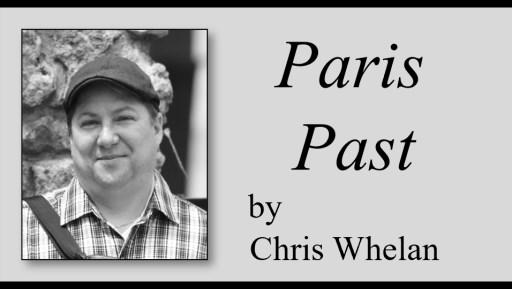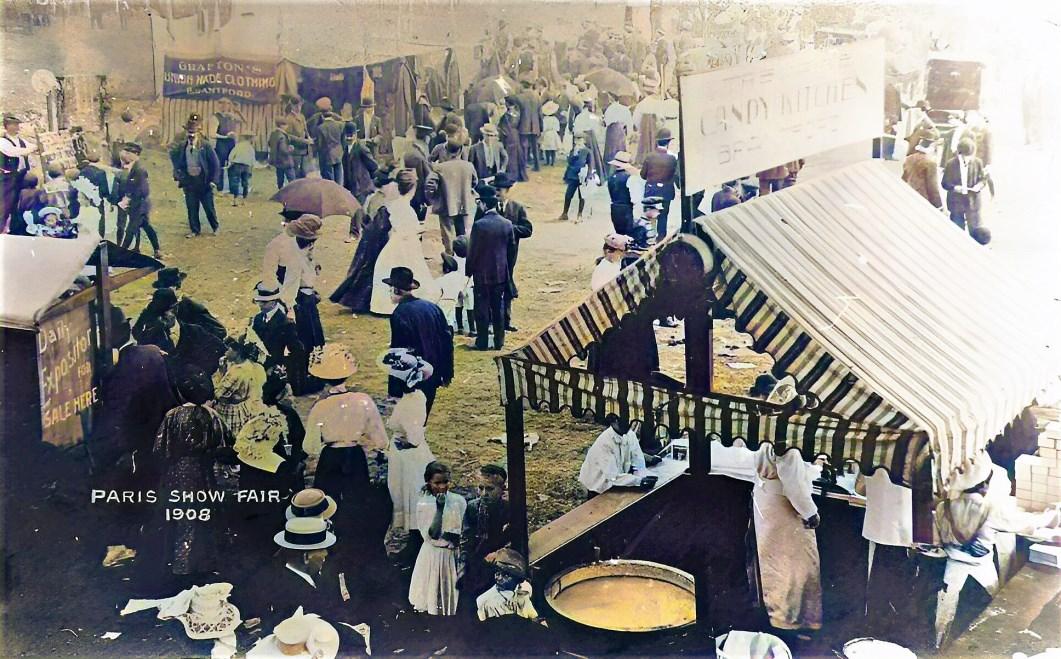
1 minute read
Where Friends have been Meeting Since 1858
History of The Paris Fair

Advertisement
The Paris Fair has a rich history that dates back to the early days of the town's development. Hiram Capron, the town’s founder recognized early on the necessity of an Agricultural Society as a means to bring the community together and showcase the trends of the times. The inaugural Paris Fair took place on September 23, 1858, and was a significant event that left a lasting impact on the people of Paris.

The early fairs were held in Upper Town, with the Old Town Hall (now the Jack Bawcutt Centre) serving as the venue for indoor exhibits, while a farm in the old South End (now Fould’s Survey) was utilized for the outdoor displays As the fair grew in popularity, it was relocated to what is now the site of the Syl Apps Arena before finding its permanent home on Silver Street, where it still takes place today.

The original organizers of the Paris Fair were a dedicated group of individuals who played a crucial role in its establishment The minute book of the society from March 1858 reveals the names of those present at its formation, including Warden Daniel Anderson, Chas. S. Whitten, Norman Hamilton, Henry Moyle, W. H. Oliver, C. Latshaw, Asa Wolverton, R. Cairns, H. C. Johnson, D. Turnbull, George Macartney, James Brown, W. G. Powell, Daniel O'Neail, Charles Arnold, George L. Scott, R. Thompson, James Davidson, F Philip, James Barker, R. Cairns, M. Emerson, William Vitchnorth, and William Patton The first officers chosen were Daniel O'Neail as president, with Henry Moyle and William Patton serving as vice-presidents, and Andrew Gay as secretary.
The O'Neail family played an instrumental role in the early days of the Paris Fair. Daniel O'Neail, the first president, left a lasting legacy. His son, James O'Neail, served as the secretary of the fair from 1879 to 1893, and his grandson, Harry C. O'Neail, took over the secretary position in 1893, holding it for over 27 years The O'Neail family's dedication and commitment exemplified the spirit of the Paris Agricultural Society, and their contributions were vital to the fair's long history of success.
Continued on page 16










